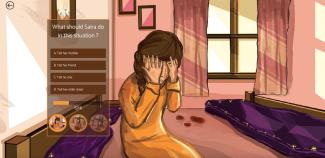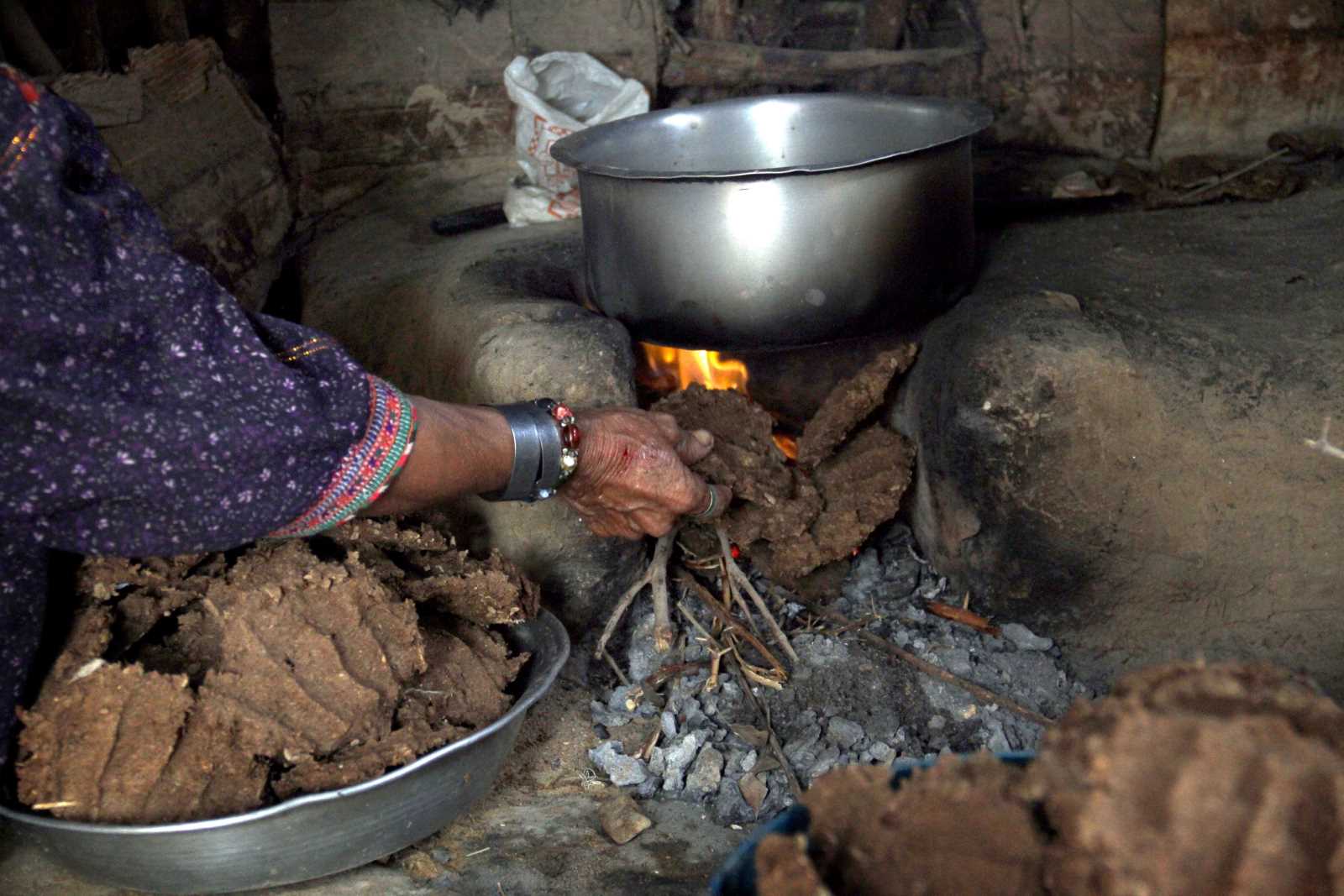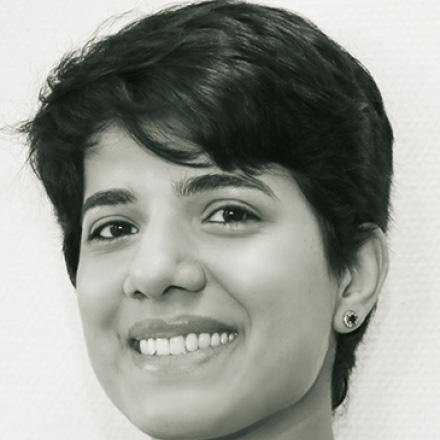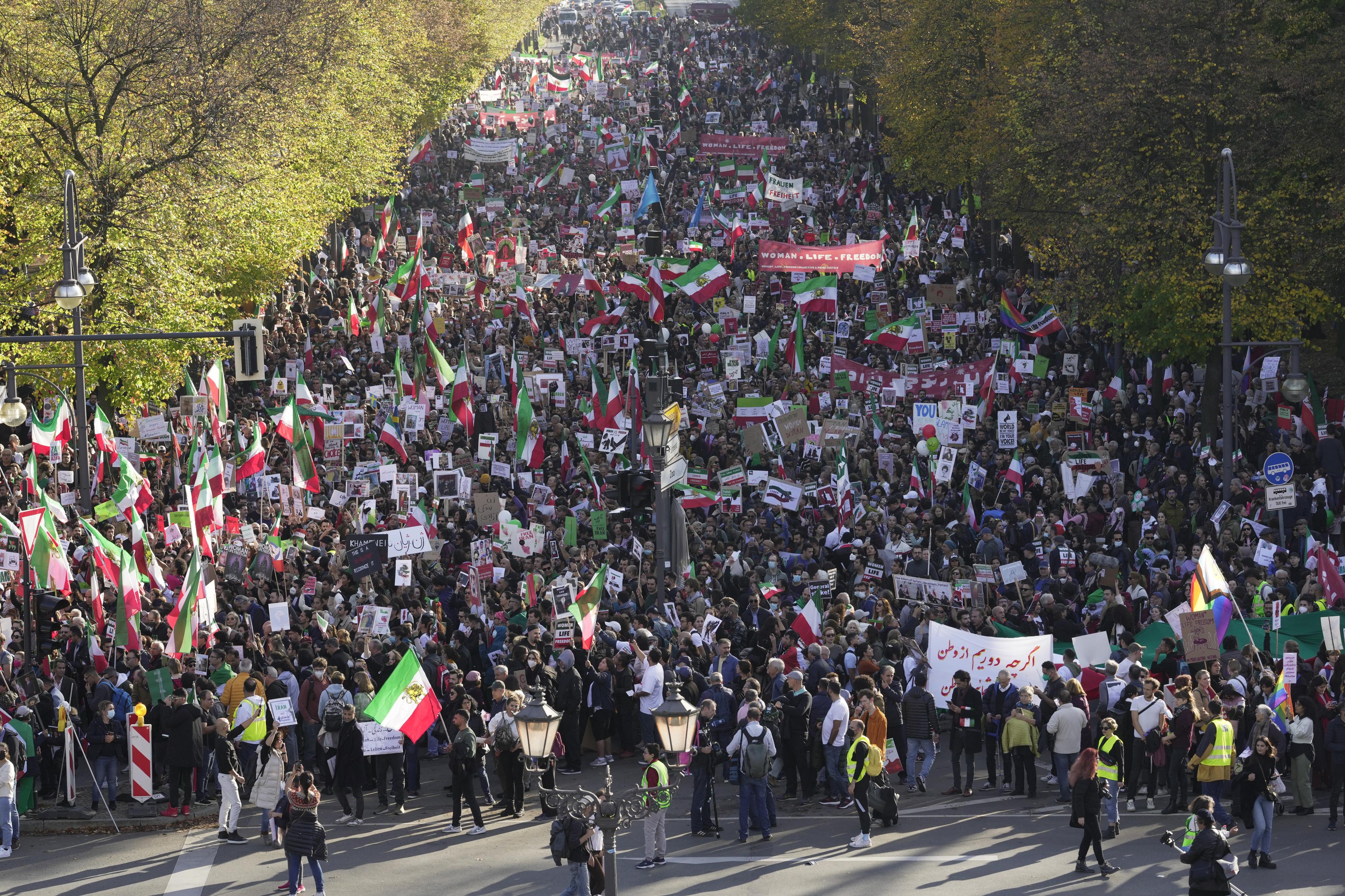Menstruation
Biological facts every girl must know

In a handful of communities, it is a cause for celebration when a girl first gets her period. According to ActionAid, an international charity, Fiji is an example. On the fourth day of a girl’s first period, the family prepares a feast to mark her entry into womanhood. Some Brazilian communities, let girls take time out to learn about themselves and their heritage when her period sets in, and then welcome them back with a celebration. And, unlike other parts of the country, in parts of South India, the occasion of a girl’s first period, known as menarche, is celebrated in a coming-of-age ceremony in which the girl receives gifts and wears a traditional skirt-and-sari outfit.
Things are very different in Pakistan and many other parts of the world, where the entire topic of menstruation is shrouded in shame and taboo. No one is supposed to even mention it. In fact, only a lucky minority of girls learn ahead of time that they will start menstruating one day, most likely in their early teens. The full truth is that women’s health and sex education deserve more attention in Pakistan, as I have argued on this platform before (see my contribution on www.dandc.eu).
Almost two-thirds of teenage girls in Pakistan do not know about menstruation before they get their first period. That finding was included in a report published jointly by the independent New York-based Population Council, UK Aid the UN Population Fund (UNFPA) in 2019. “Knowing in advance what changes puberty will bring to their bodies can help boys and girls be more prepared for the physical transition involved in adolescence,” the report stated. “It can protect them from undue psychological or emotional stress when these changes begin to manifest.”
In the absence of prior knowledge, the onset of the first menstrual cycle comes as a shock. One 13-year-old girl recalled the start of her periods this way: “I thought this only happened to me. I thought my mother would be angry to know this. I thought she would say it happened because I did something to myself.”
Such fears and misconceptions are depressingly widespread. The stigma and ignorance can cause great harm. Above all, fear and shame lead to emotional distress and often negatively affect girls’ performance in school. According to UNICEF, misconceptions about menstruation cause many girls to withdraw from normal activities, including playing with others and attending school.
In a society that stigmatises menstruation, it is often not useful to rely on girls’ mothers or older sisters to convey the necessary information and emotional support. That is because the older girls and women often have internalised the stigma, and present the topic in patriarchal tones that perpetuate shame and fear. Beyond that, older girls and women often lack good information themselves, so they are likely to pass on poor hygiene practices inadvertently. There are considerable health risks. “Poor menstrual hygiene can pose physical health risks and has been linked to reproductive and urinary tract infections,” UNICEF stated.
The Coronavirus epidemic has made this situation even worse. It has further reduced girls’ already limited sources of support. School closures have restricted girls’ access to information and to sanitary products. Parents hit by financial hardships related to the pandemic have had to cut spending on sanitary products moreover.
Constructive dialogue
Instead of continuing to shroud the topic of menstruation in shame and stigmatisation, Pakistan should encourage a dialogue that normalises a girl’s coming of age and helps her to understand the natural and normal changes taking place in her body. Technology can help, with online platforms conveying useful information about menstrual health and hygiene, among many other topics. It helps that pandemic-related restrictions pushed many Pakistanis to install Wi-Fi connectivity, buy smartphones and use online channels for information and shopping.
Putting information online is certainly no panacea in and of itself. Information may be inaccurate or incomplete, or it may be too technical or lack proper context. But some online tools strike the right note, presenting information in a useful format to which young girls can relate. One such digital tool is #HelpSaira, developed by myself in collaboration with the East West Center, Hawaii and with technical support from Center for Communication Programs Pakistan, a public relations organisation.
The #HelpSaira exists in English and Urdu versions. Saira is a fictional adolescent girl – presented as an illustrated character – who is confronting menstruation. The digital tool shows her in a school with other girls. It invites visitors to “help Saira” by answering some basic questions about what menstruation is and how to maintain good hygiene. The idea is to correct and reinforce users’ knowledge in regard to biological facts and about hygiene practices. The correct answers are provided in the storyline as user respond to scenes.
The format of #HelpSaira is a three-episode, interactive story. It starts with Saira getting her period for the first time. Like most other girls, she doesn’t know what is happening to her and how to deal with it. The story shows Saira receiving help and advice from her family, friends, and teacher. Toward the end of the series, she becomes a source of help to others: She advocates for all girls to be informed about menstruation and for her school to offer sanitary pads and appropriate bathroom facilities for menstruating girls.
The digital tool is aimed at teenage girls and tries to build their self-confidence and knowledge. Above all it combats any notion that menstruation is something shameful or wrong. It models the proper response that parents, teachers and other girls should have when a girl first gets her period – namely, to offer help and support, not to ban or shun the girl involved.
Saira’s story also takes aim at various myths and misconceptions about menstruation – information we gleaned from interviews with girls about their own embarrassment and difficulties. Every teenager – whether male of female – should learn early on that women normally experience menstruation about once a month unless:
- they are pregnant,
- have recently given birth or
- are beyond child bearing age.
There is nothing shameful about this natural phenomenon. Some women feel pain or nausea during their period, but they remain competent and fully accountable persons. At the same time, personal hygiene matters very much. Girls must know these things to become self-confident adults. And if boys are to grow up to be men who respect women, they must learn these things too.
A tool like #HelpSaira can be the start of a broader programme to educate girls (and boys) in schools about menstruation. It can start the long process of breaking a cultural taboo. This will not be easy: The site has already received hate-filled comments accusing it of following a “foreign agenda” to subvert the local culture. In time, however, Pakistani society may find a way to set old taboos aside and view the start of puberty in girls as something to be celebrated, not feared.
Links
#HelpSaira
Center for Communication Programmes Pakistan
UNICEF, 2018: Fast facts: nine things you didn’t know about menstruation.
Mahwish Gul is a consultant with a focus on development management. She plaid a key role in developing the digital tool #HelpSaira. She lives in Nairobi.
mahwish.gul@gmail.com











